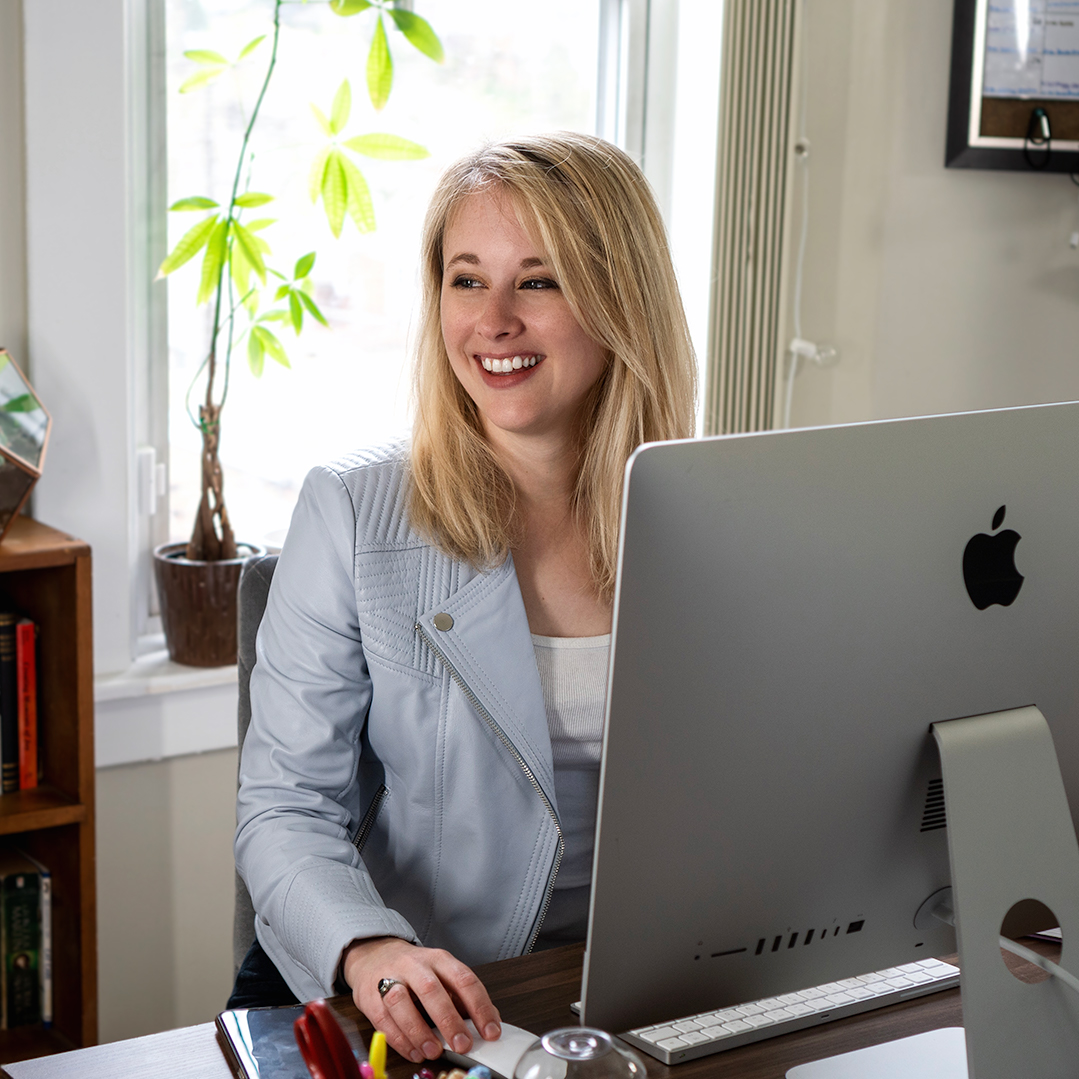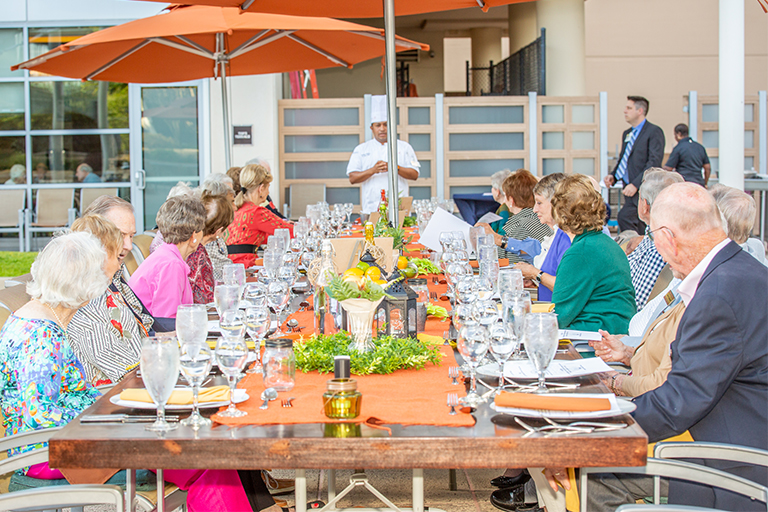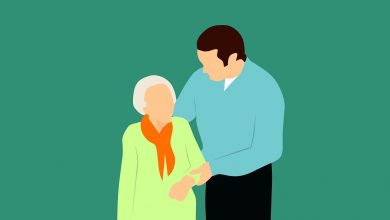
Rachael Wonderlin, Dementia Consultant, Discusses Dementia Care in the Age of Covid-19
By Olivia Beaton | November 4, 2020
When talking about residents with dementia, Rachael Wonderlin, founder of Dementia by Day, has trademarked the term “embrace their reality™” which plays a crucial role in understanding and providing the highest level of care. By training staff and encouraging loved ones to insert themselves in the reality of the resident with dementia, it creates a better quality of life and care for the resident.
Obviously, the virus itself has impacted senior living and memory care drastically, but Wonderlin emphasizes that the isolation has been the most detrimental to those with dementia. When the guidelines and requirements came out, people were unsure how to adapt those policies to dementia care. Wonderlin stresses that people living with dementia cannot understand or remember why they are supposed to be following rules or restrictions. “You cannot explain the situation to them normally, seeing staff wearing masks can be jarring, they are used to seeing smiling, comforting faces, treating these patients during COVID-19 is an extremely different animal.”
To combat this, Wonderlin notes it is extremely important for each community to come up with a specific plan tailored to dementia care. There are ways to still follow the guidelines while creating a sense of normalcy for residents with dementia who are confused by these sudden and drastic changes to their lifestyle. Wonderlin suggests explaining the mask as the caregiver has a cold and wants to keep the resident safe, not alarming them, but explaining the reason for the difference in appearance than they are used to. She also explains that asking questions is crucial in order to “embrace their reality™”. For example, when a resident asks where someone is, the caregiver should ask where they think that person is, and whatever the resident responds is the correct answer.
“When you know where someone’s reality it is easier to go there, everyone feels a sense of comfort when someone is agreeing with them.” By using these slight changes in communication, it will vastly improve the dynamic between resident and caregiver.
Wonderlin believes it is crucial to find wats for family members to visit and interact with their loved one as long as it is safe. Along with connections with their families, creative engagement is important for residents well-being as well. For these activities, Wonderlin suggests integrating dementia specific programming into their day to day. “Patients with dementia need new and interesting activities, get innovate, continue to experiment until you can find activities for your residents, cater the programming to who your residents are as people,” Wonderlin says.
The best activities for residents with dementia are ones with a clear outcome. Even typically mundane practices such as folding and sorting, are things that have a clear outcome and can provide a sense of comfort, usefulness, and normalcy to residents. Though simple, games and activities with minimal explaining and clear outcomes are a sure way to keep these residents engaged even during uncertain times.
Part of Wonderlin’s work is changing the narrative around dementia care. She stresses the importance of not approaching every dementia patient the same, but rather as individuals. For Wonderlin, dementia care is always first and foremost in her mind, but she is hopeful that there is a positive shift happening that will make dementia care more of a priority for the senior living industry as a whole.





